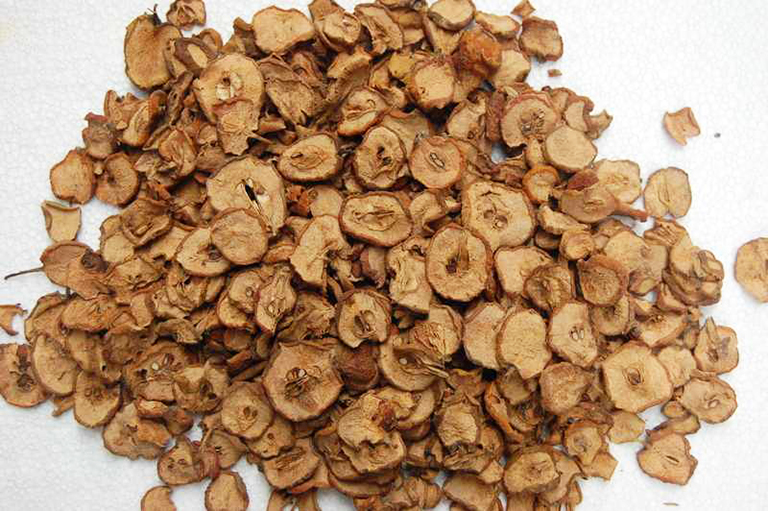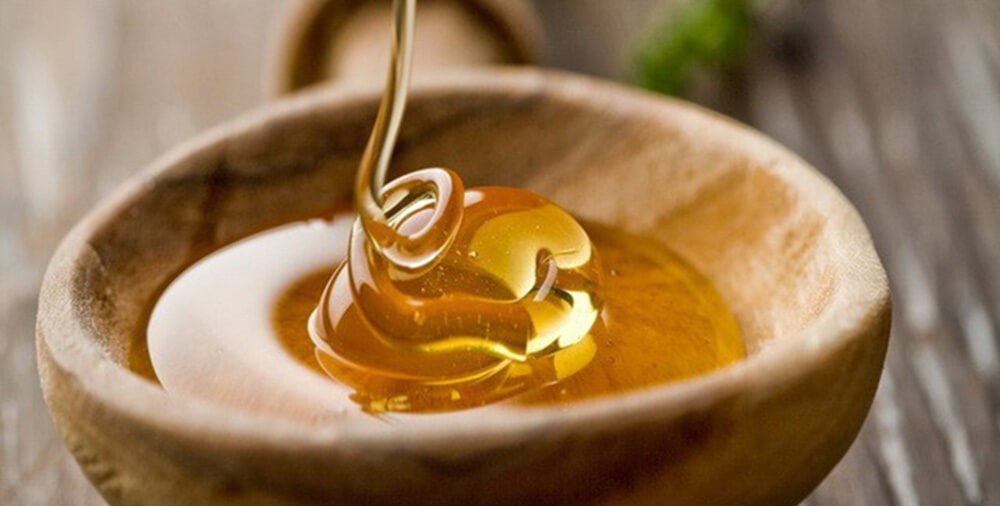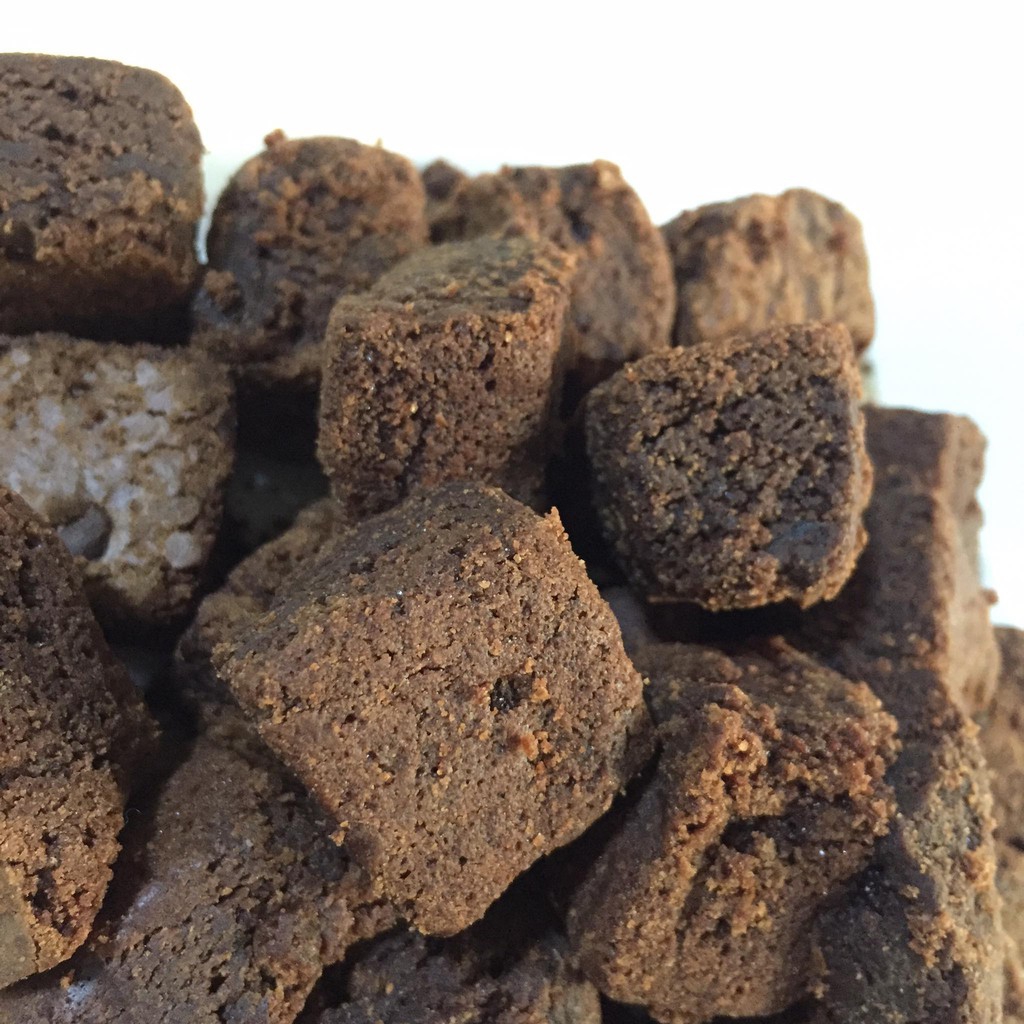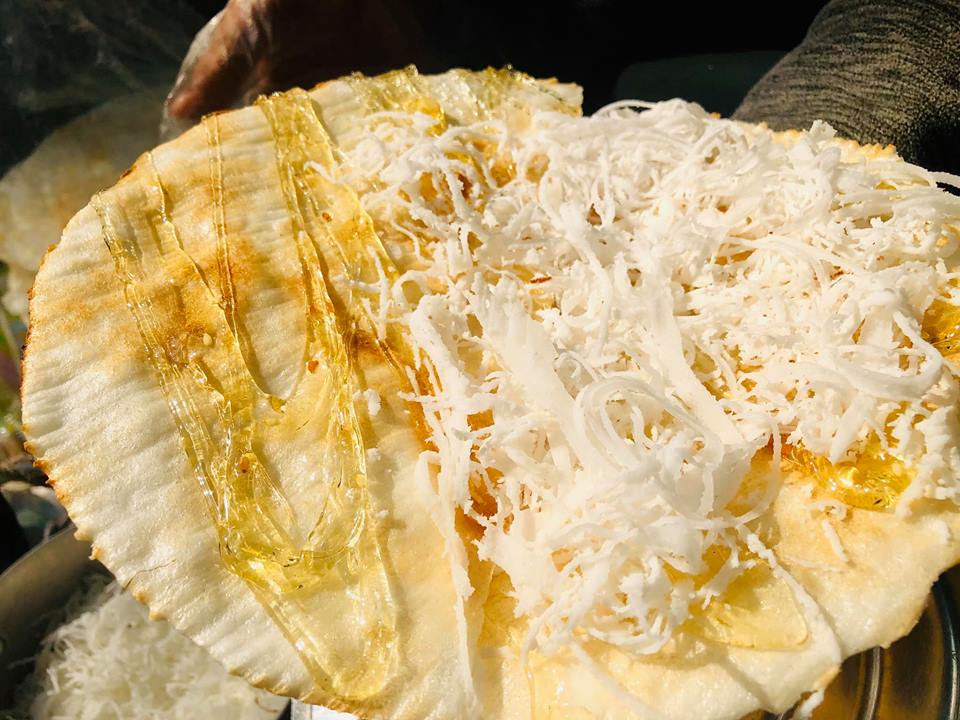Traditional Chinese medicine offers many simple yet effective remedies to address bloating and indigestion commonly experienced during Tet (Lunar New Year), aiding in the elimination of food stagnation and improving the digestive process.
Lunar New Year is a time for family reunions, when families gather around warm and abundant meals. However, the sheer variety and abundance of New Year's dishes, such as sticky rice cakes, jellied meat, pork sausage, and various fried, stir-fried, and grilled dishes, can easily lead to digestive problems. Bloating and indigestion become common issues, causing discomfort and negatively impacting the joy of the holiday.
In Traditional Chinese Medicine, digestive herbs are used to aid digestion, reduce bloating and indigestion, and are especially useful during holidays and festivals when meals are often rich and can easily cause digestive disorders.
Here are some typical medicinal herbs:
1. Hawthorn berries treat bloating and indigestion.
- Properties: Hawthorn has a sour taste, a cooling nature, and acts on the spleen, stomach, and liver meridians.

Bloating and indigestion are common symptoms during the Lunar New Year holiday.
- Uses:
+ Lipid digestion: Hawthorn helps digest fats and fatty meats because it contains enzymes and organic acids that aid in breaking down lipids, reducing bloating after eating fatty foods.
+ Promotes blood circulation and removes blood stasis: Hawthorn has the ability to promote blood circulation, helping to improve blood flow and support the treatment of coronary artery diseases.
- Origin and usage:
+ Origin: Hawthorn is the fruit of the hawthorn tree, which usually grows in high mountainous regions.
+ Part used: Hawthorn fruit is harvested, dried in the sun or in a dryer for medicinal purposes.
Dosage: Take 3-10g daily in the form of a decoction or powder.

Hawthorn berries help relieve bloating.
- Applications during Tet (Vietnamese New Year):
+ Hawthorn tea: Brew 10g of hawthorn berries with water and drink after meals to aid digestion and reduce bloating caused by eating fatty foods.
+ Food: Incorporate hawthorn berries into stews or soak them in honey to make a dessert, which helps support digestion.
2. Malt
- Properties: Malt has a salty taste, a warm nature, and acts on the spleen and stomach meridians.
- Uses:
+ Carbohydrate digestion: Malt contains the enzyme amylase, which helps break down starch into simple sugars, aiding in the digestion of carbohydrate-rich foods.
+ Increases milk production: Malt extract is also used to treat insufficient milk production in postpartum women.
- Origin and usage:
+ Origin: Malt is germinated barley grains, used in traditional medicine.
+ Processing: Barley grains are soaked in water to germinate, then dried and ground into powder.
Dosage: Typically, 10-15g per day can be used.

Malt syrup.
Applications during Tet (Vietnamese New Year):
+ Malt tea: Brew 10g of malt with water and drink after meals to aid digestion, especially after eating starchy foods.
+ Food: Malt syrup can be used in desserts or cakes, providing natural sweetness while also aiding digestion.
3. Divine Comedy
- Taste: Shen Qu has a sweet and spicy taste, a warm nature, and acts on the spleen and stomach meridians.
- Uses:
+ Digestion of protein and lipids: Shen Qu contains digestive enzymes that help break down proteins and lipids, aiding in the digestion of protein- and fat-rich foods.
+ Reduces bloating and indigestion: Shen Qu is used to treat symptoms of bloating, indigestion, diarrhea, and dysentery.
- Origin and preparation methods: Shen Qu is made from a combination of various medicinal herbs such as Artemisia annua, red beans, almonds, and Xanthium strumarium leaves, mixed with wheat flour or rice flour, then fermented and dried.
- Dosage: 10-20g per day, used raw or roasted until charred.

The herbal remedy Shen Qu relieves bloating and indigestion.
- Applications during Tet (Vietnamese New Year):
+ Shen Qu Tea: Brew 10g of Shen Qu with water and drink after meals to aid digestion and reduce bloating caused by eating foods rich in protein and fat.
+ Food: Shen Qu can be used in dishes such as Shen Qu cakes, suitable for elderly people with weak spleen and stomach, poor appetite, indigestion, bad breath, bloating, belching, thinness, weakness, and frequent vomiting after eating.

Rice paper with malt syrup.
4. Notes on usage
Malt, fermented wheat, and hawthorn, also known as the "three immortals" in Traditional Chinese Medicine, are often used together to support each other in enhancing digestion, eliminating stagnation, and relieving bloating. In prescriptions, these ingredients are often combined with herbs that promote qi circulation (such as tangerine peel and bitter orange) and herbs that strengthen the spleen and replenish qi, such as roasted white kidney beans, white atractylodes, and Chinese yam.
However, these medicines, when used frequently or for extended periods, can harm the spleen and stomach. Therefore, they should only be used when experiencing bloating and indigestion, for short periods, and discontinued once the bloating subsides.
For best results, combine this with a balanced diet, avoiding excessive consumption of fatty foods and limiting overeating. If bloating and indigestion persist or become severe, consult a doctor or traditional medicine specialist for proper diagnosis and treatment.
Dr. Nguyen Thanh Hang
Source: https://giadinh.suckhoedoisong.vn/3-vi-thuoc-tri-day-bung-kho-tieu-172250131204834054.htm





![[Photo] General Secretary To Lam attends the opening session of the Peace Council on Gaza.](https://vphoto.vietnam.vn/thumb/1200x675/vietnam/resource/IMAGE/2026/02/19/1771516865192_tbttolam5-jpg.webp)


































































































Comment (0)